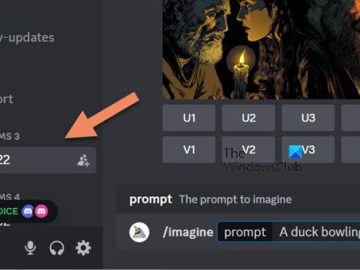California Governor Gavin Newsom has a slew of bills pending on his desk, including ones addressing artificial intelligence, reparations and the fentanyl epidemic.
Newsom has until Sept. 30 to decide whether to sign or veto the legislation, following the end of the state legislature’s official legislative session last week.
Two of the bills over the use of artificial intelligence have been of particular interest in the entertainment industry. A.B. 1836, would expand the scope of the state’s postmortem right of publicity, including the use of digital replicas, meaning that an estate’s permission would be needed to use such technology to recreate the voice and likeness of a deceased person. SAG-AFTRA and the Recording Academy are among the backers of the legislation. The Motion Picture Association, representing the studios, is taking a neutral position, after earlier opposition. Amendments were added that make exceptions for news, public affairs and sports broadcasts, as well as for other uses like satire, comment, criticism and parody, and for certain documentary, biographical or historical projects.
Another bill, A.B. 2602, would bolster protections for artists in contract agreements over the use of their digital likenesses. The MPA also is taking a neutral position.
Other AI bills include S.B. 1047, which would require AI developers in the state to implement security precautions before training their models. OpenAI has warned of the impact of the bill on the industry’s growth, and former House Speaker Nancy Pelosi (D-CA) has come out against it. But the legislation’s lead author, State Sen. Scott Weiner, says that the bill is “a light touch, commonsense measure that codifies commitments that the largest AI companies have already voluntarily made.”
Another bill, S.B. 942, would require the AI developers to create tools to allow consumers to detect audio and video “deepfakes.” Other bills would require that platforms block political-oriented deepfakes during election periods, and another would mandate disclosure of the use of AI in political advertisements.
Other pending legislation on the governor’s desk includes a bill to allow middle and high school students to carry fentanyl test strips and Narcan nasal products as a way to combat drug related overdoses.
The bill cleared the Senate last weekend, and was authored by State Sen. Anthony Portantino. One of his former interns, Libby Paquette, the daughter of producer Eric Paquette, had presented the idea to him as part of a program in his office. In a statement, she said, “Although Narcan can swiftly counteract the effects of opioid overdoses, we can also take a different approach that eliminates the need for opioid antagonists altogether. The logic behind providing test strips is to present the opportunity to avoid drugs contaminated with fentanyl entirely. I believe test strips will help save lives when Narcan is not available. We hope the Governor will sign this life saving measure.”
A spokesman for Newsom said, “This measure will be evaluated on its merits. The deadline to sign or veto legislation on the Governor’s desk is September 30th.”
Another bill on the governor’s desk has to do with reparations. Two measures — one to create a state agency and another to establish a reparations fund — were sidelined at the end of the sessions. There are other reparations bills pending before the governor, though, including A.B. 3089, in which the state of California would formally apologize “for perpetuating the harms African Americans faced by having imbued racial prejudice through segregation, public and private discrimination, and unequal disbursal of state and federal funding and declares that such actions shall not be repeated.” A plaque memorializing the apology would be installed in the state capitol building.
Another bill, SB 1050, would set up a process to pay back victims of racially motivated eminent domain, either by returning seized property or via compensation.





